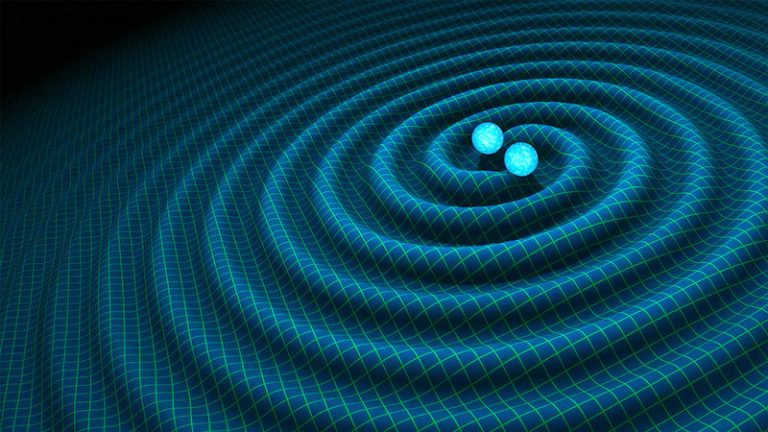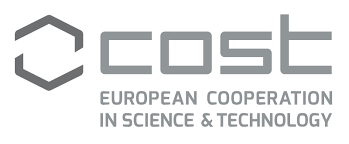
The breakthrough discovery of gravitational waves on September 14, 2015 was made possible through synergy of techniques drawing from expertise in physics, mathematics, information science and computing. At present, there is a rapidly growing interest in Machine Learning (ML), Deep Learning (DL), classification problems, data mining and visualization and, in general, in the development of new techniques and algorithms for efficiently handling the complex and massive data sets found in what has been coined “Big Data”, across a broad range of disciplines, ranging from Social Sciences to Natural Sciences. The rapid increase in computing power at our disposal and the development of innovative techniques for the rapid analysis of data will be vital to the exciting new field of Gravitational Wave (GW) Astronomy, on specific topics such as control and feedback systems for next-generation detectors, noise removal, data analysis and data-conditioning tools.The discovery of GW signals from colliding binary black holes (BBH) and the likely existence of a newly observable population of massive, stellar-origin black holes, has made the analysis of low-frequency GW data a crucial mission of GW science. The low-frequency performance of Earth-based GW detectors is largely influenced by the capability of handling ambient seismic noise suppression. This Cost Action aims at creating a broad network of scientists from four different areas of expertise, namely GW physics, Geophysics, Computing Science and Robotics, with a common goal of tackling challenges in data analysis and noise characterization for GW detectors.
RITEH is a partner in the project.
